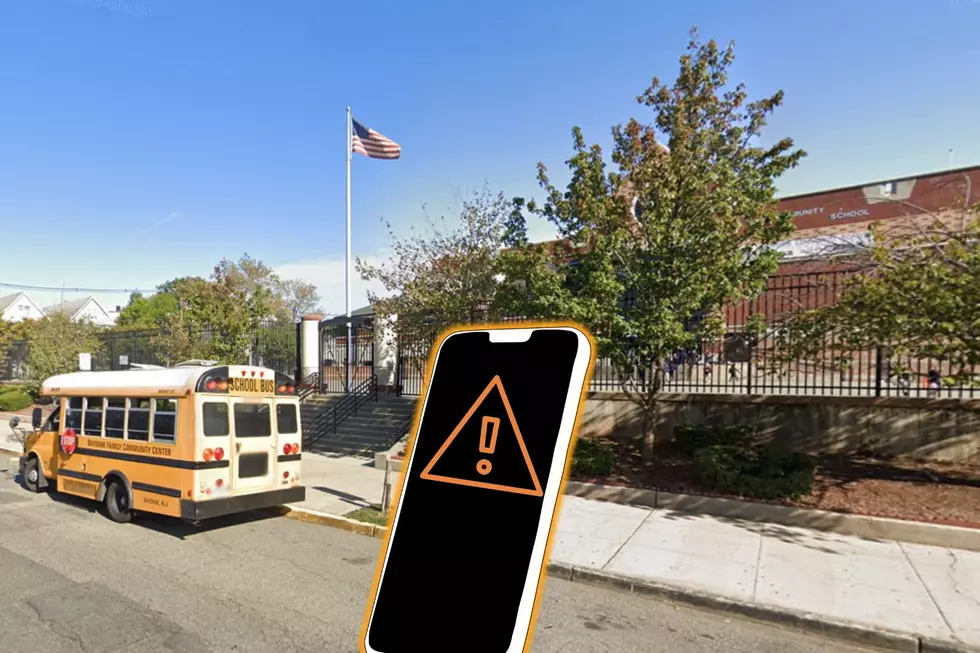![Congress May Dump the Mortgage Interest Deduction. Would You Be in Favor or Against It? [POLL]](http://townsquare.media/site/385/files/2012/11/Housing.jpg?w=980&q=75)
Congress May Dump the Mortgage Interest Deduction. Would You Be in Favor or Against It? [POLL]
I’m sure for the average reader, this would be a no-brainer…as many of us rely on the deduction we take on the interest paid on our mortgages.
Even if you’re in the camp that feels the 1 % reaps all the benefits of the existing tax code, a great many of us here in New Jersey, I’d imagine, would consider this idea of eliminating the deduction a non-starter.
For the longest time, we’ve been told that the benefits of home ownership are the tax advantages…such as the mortgage deduction, the property tax deduction, the many other deductions you can take for home improvement.
Do those in Congress who are considering such a drastic move really think this would be a prudent move in a shaky economy?
The mortgage interest tax deduction allows homeowners each spring to cut down their taxable income, often by thousands of dollars, by deducting the money spent on mortgage interest payments. It could be on the chopping block, helping Congress close a budget deficit and ending what economists say is poor tax policy.
The idea, however, has prompted housing advocates to warn that it could slow home sales just as the industry begins to recover. And it illustrates the gap between economists who can easily balance the budget on paper and elected officials who balk, knowing the impact it will have on their constituents.
“The difference between a ‘preference’ and a ‘loophole’ is I benefit from a preference, you benefit from a loophole,” joked Joseph Rosenberg, a research associate at the Tax Policy Center.
Congress, however, has tough decisions to make. The U.S. in fiscal 2012 spent $1.1 trillion more than it took in, the 11th consecutive year it had a budget deficit. To make up for the gap, it had to borrow money, adding to a debt that exceeds $16 trillion.
One area ripe for cuts: The current law that allows homeowners to deduct up to $1 million in mortgage interest. The tax break amounts to $75 billion to $100 billion, making it one of the biggest loopholes, Rosenberg said.
The deduction has been part of the income tax code since it began in 1913, but it has detractors who say it disproportionately benefits the wealthy.
Among the reasons, Rosenberg said:
• It is available only to the 30 percent of taxpayers who itemize their deductions.
• It is deducted from taxable income, meaning higher-income taxpayers in, say, the 35 percent bracket get a bigger return than middle-income taxpayers in the 25 percent bracket.
• It is available for taxpayers who own second homes.
“The typical first-time home buyer buys a small home and doesn’t have a ton of income,” Rosenberg said. “It doesn’t help them a lot, whereas what it really does is give significant subsidies to people that own relatively expensive homes (and help them) buy larger and more expensive homes.”
One idea by the Simpson-Bowles commission that met in 2010 to come up with a blueprint to reduce the deficit was to rein in the deduction by excluding mortgages of more than $500,000 and excluding second homes.
Housing advocates aren’t pleased. Jamie Gregory, deputy chief lobbyist for the National Association or Realtors, said the industry has come to depend on the deduction. Putting limitations on it even for the wealthy would cause the top end of the market to stall at a time when real estate has finally begun to recover from the collapse of the housing bubble.
“The impact you would have on the housing market and the economy would be much greater than the revenue you would raise,” Gregory said.
I think there are probably more of us in the middle to working class who depend on that deduction to help us take care of much needed expenses; and yes, to possibly move up to a bigger house if and when the time arrives.
Eliminating it takes money out of the economy and would hurt thousands of middle income families across the state.
Do you think eliminating the mortgage interest deduction is sound tax policy?
More From New Jersey 101.5 FM









